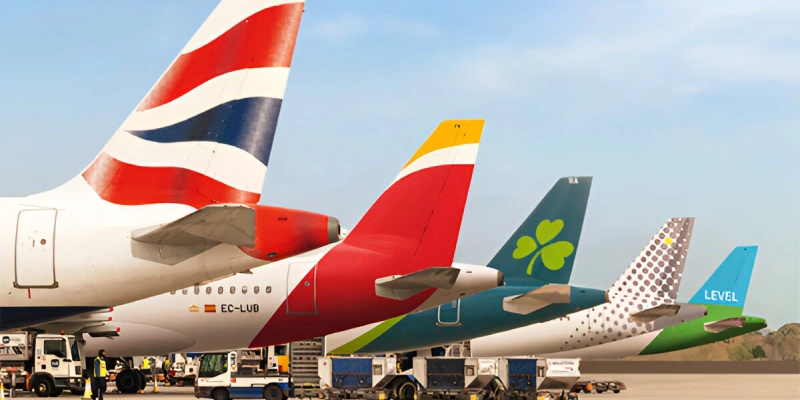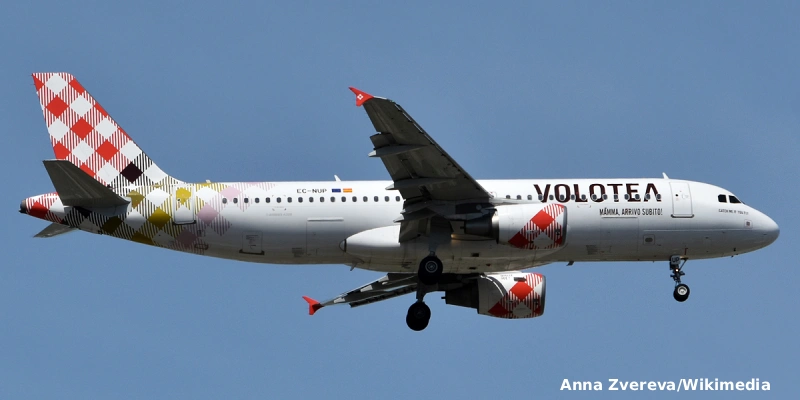The escalation of tensions between India and Pakistan following a deadly attack in Kashmir has led major international airlines to reroute flights and avoid Pakistani airspace. Air France and Lufthansa confirmed the diversion of their routes, a decision that is already affecting flight durations to key destinations in Asia.
A Lufthansa Group spokesperson told Reuters that its airlines “are avoiding Pakistani airspace until further notice.” This results in longer flight times, as seen with Flight LH760 from Frankfurt to New Delhi, which on Sunday flew nearly an hour longer than usual, according to Flightradar24 data.
Air France also issued a statement explaining that it “has decided to suspend overflights of Pakistan until further notice” due to the “recent escalation of tensions” between the two countries. The airline has adjusted its flight plans for destinations such as Delhi, Bangkok, and Ho Chi Minh City, leading to longer routes and potential delays.
→ Pakistan Airlines Records First Annual Profit in Over 20 Years
British Airways, Swiss, and Emirates Also Avoiding the Region
The rerouting is not limited to Lufthansa and Air France. Flight tracking data showed that aircraft operated by British Airways, Swiss International Air Lines, and Emirates have adopted more southerly routes, flying over the Arabian Sea before turning north toward destinations like Delhi. These adjustments aim to avoid Pakistani airspace without completely suspending operations.
Swiss, part of the Lufthansa Group, stated that passengers missing connections due to these changes would be rebooked at no additional cost.
Economic Impact for Pakistan
Beyond delays and increased fuel consumption for airlines, Pakistan could face significant losses due to reduced overflight fee revenue. These fees can amount to hundreds of dollars per flight, depending on the aircraft’s weight and distance traveled.
With the country’s central bank reserves at just $10.2 billion—enough to cover only two months of imports—the loss of this income represents another blow to an already strained economy.
Independent analyst Brendan Sobie warned: “It could have a significant impact on some foreign airlines that rely heavily on Pakistani airspace, as well as on Pakistan itself due to the loss of overflight revenue.”
Regional Tensions and Collateral Effects
Amid conflicts in South Asia, airlines have also responded to incidents in the Middle East. Several European and U.S. carriers suspended flights after a missile launch by Houthi rebels in Yemen landed near Israel’s Ben Gurion Airport.
Collectively, these geopolitical tensions are forcing airlines to rethink routes, absorb higher operational costs, and prepare passengers for potential disruptions in flight times.
Related Topics
IAG Posts Record €3.342 Billion Profit for 2025
Condor to Move Operations to Frankfurt Airport’s New Terminal 3 in 2027
TAP Air Portugal Announces Ambitious 2026 Expansion Plan: New Orlando Route, Intermediate Cabin, and Brazil Reinforcement
Volotea Resumes Its Menorca-Verona Route Starting in August

Plataforma Informativa de Aviación Comercial con 13 años de trayectoria.




